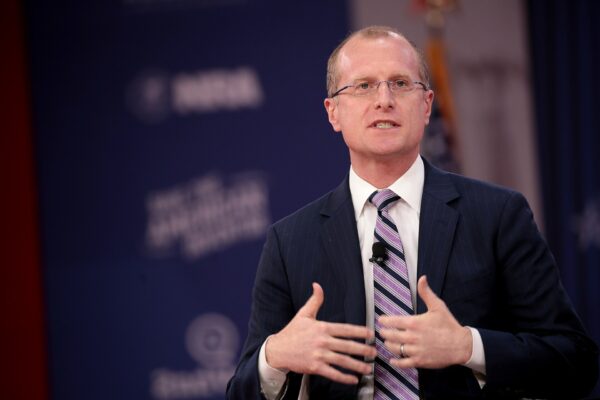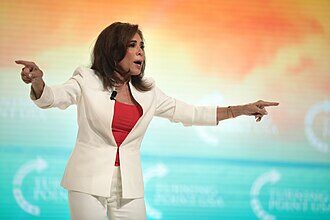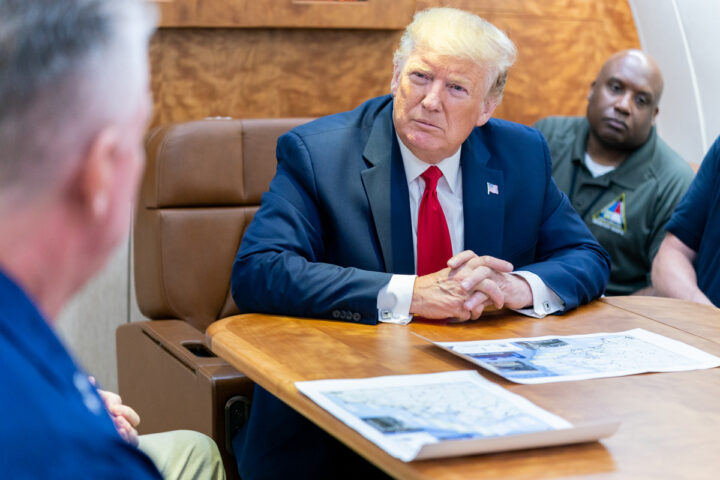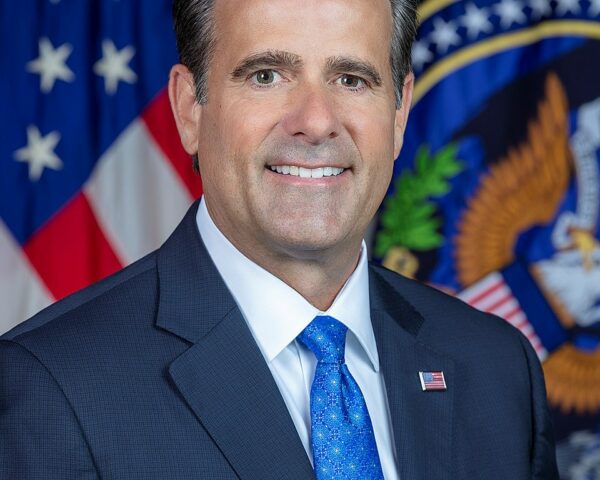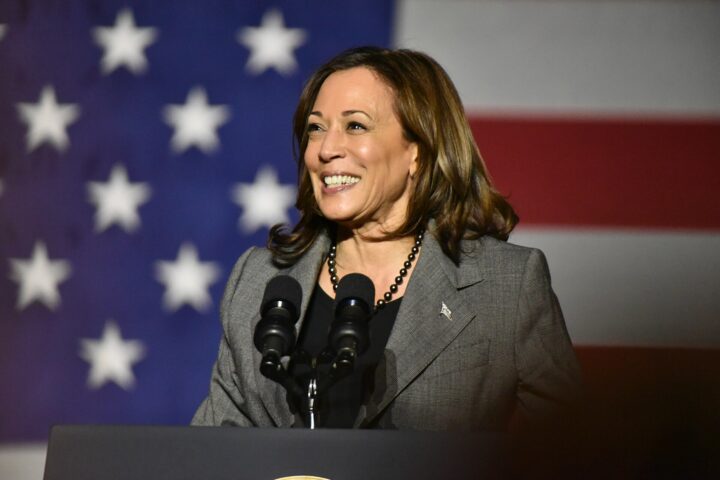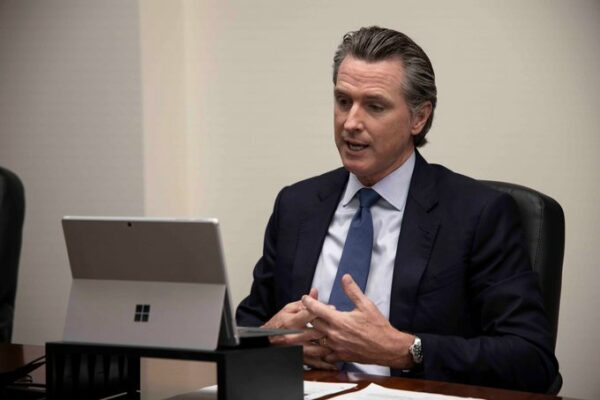Federal Communications Commissioner Brendan Carr is reportedly now set to appear before the Senate Commerce Committee after weeks of bipartisan criticism surrounding his handling of a controversy involving late-night host Jimmy Kimmel.
Carr drew fire in September after suggesting that Disney, the parent company of ABC, could face regulatory consequences for Kimmel’s on-air remarks about the assassination of conservative activist Charlie Kirk.
The comments preceded ABC’s temporary suspension of Kimmel, who was off the air for nearly a week before being reinstated. His removal also followed pressure from affiliate conglomerates.
The upcoming hearing, to be chaired by Senator Ted Cruz, Republican of Texas, is expected to be contentious. Cruz, who leads the panel that oversees the FCC, has emerged as one of Carr’s sharpest critics. A date for the session has not yet been announced, according to NBC News.
Cruz made clear his concern was less about Kimmel than about the broader principle of government overreach into speech. “I think it is unbelievably dangerous for government to put itself in the position of saying we’re going to decide what speech we like and what we don’t, and we’re going to threaten to take you off air if we don’t like what you’re saying,” Cruz said on his Verdict with Ted Cruz podcast.
He went further, likening Carr’s actions to organized crime tactics. “Right out of a mafioso coming into a bar going, ‘Nice bar you have here, it’d be a shame if something happened to it,’” Cruz said.
While Cruz’s criticism has been pointed, Carr is also facing pressure from Democrats. Senator Maria Cantwell of Washington, the committee’s top Democrat, demanded an inquiry last month, calling Carr’s approach “an unprecedented attack on the First Amendment.”
The unusual bipartisan concern underscores the sensitivity around questions of free expression.
Conservatives have long warned that federal regulators, and sometimes private corporations, pick and choose which voices are allowed to speak.
In this case, even Democrats have raised alarms about the precedent of the government pressuring broadcasters over political speech.
Carr, a Trump-era appointee, has often positioned himself as a critic of liberal bias in media companies and tech firms.
Yet the Kimmel suspension, prompted in part by Carr’s own remarks, has left him navigating crossfire from both parties.
At the same time, Carr has found powerful backing from President Donald Trump, who has argued that the FCC should go even further by considering revocations of broadcast licenses for what he describes as hostile coverage.
Trump’s support highlights the rift among conservatives: some favor aggressive measures against media institutions, while others, like Cruz, see such moves as a dangerous infringement on free speech.
What is clear is that the controversy has thrust Carr into the center of a constitutional debate that extends well beyond Kimmel.
Whether the commissioner can persuade skeptical lawmakers that his actions were justified, or whether he will instead become a cautionary tale of regulatory overreach, will be tested when he faces the committee.
For now, Cruz’s warning lingers: “It is unbelievably dangerous for government to put itself in that position.”
[READ MORE: Mulvaney Spars With Progressive Host in Heated Debate on Government Spending ]

